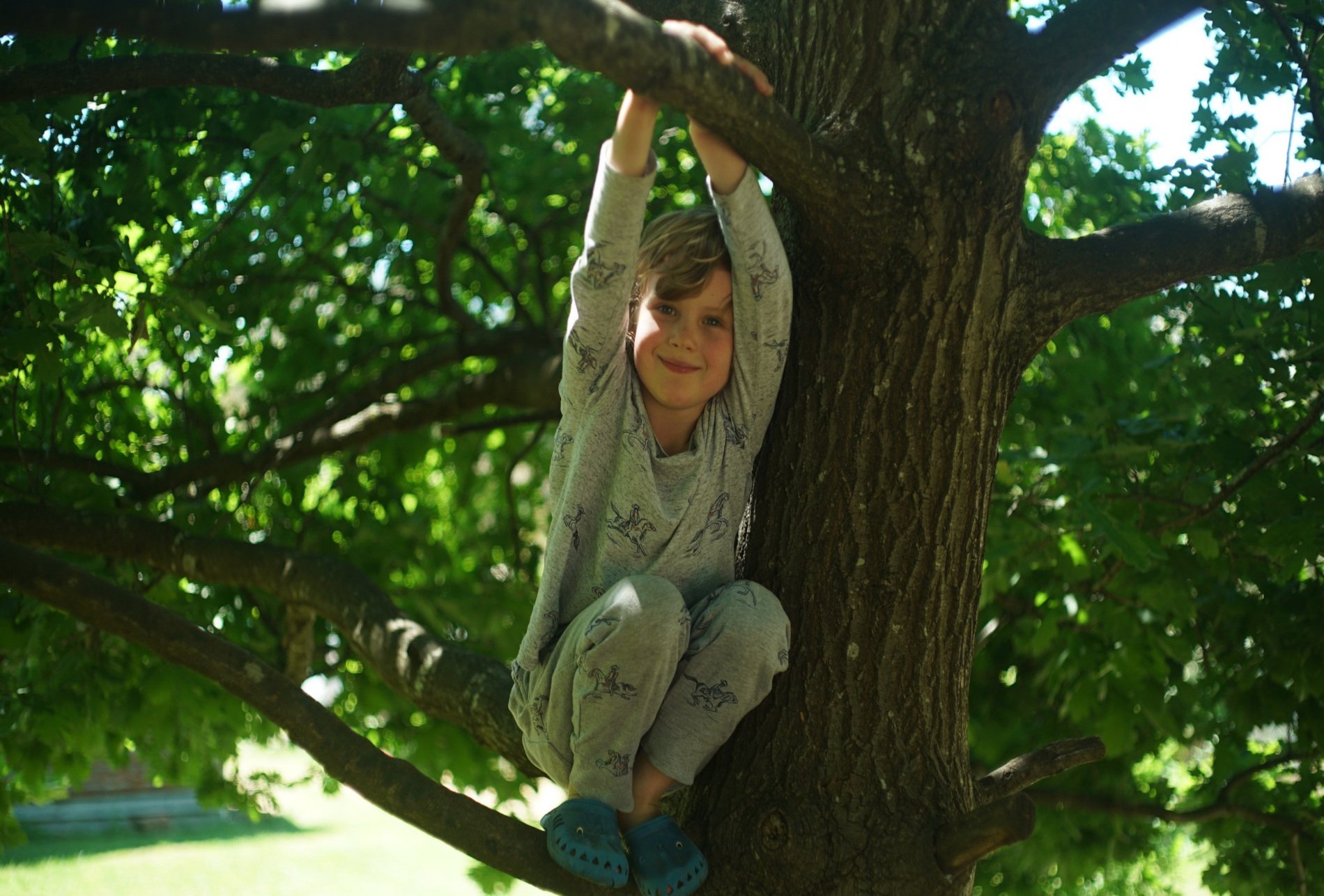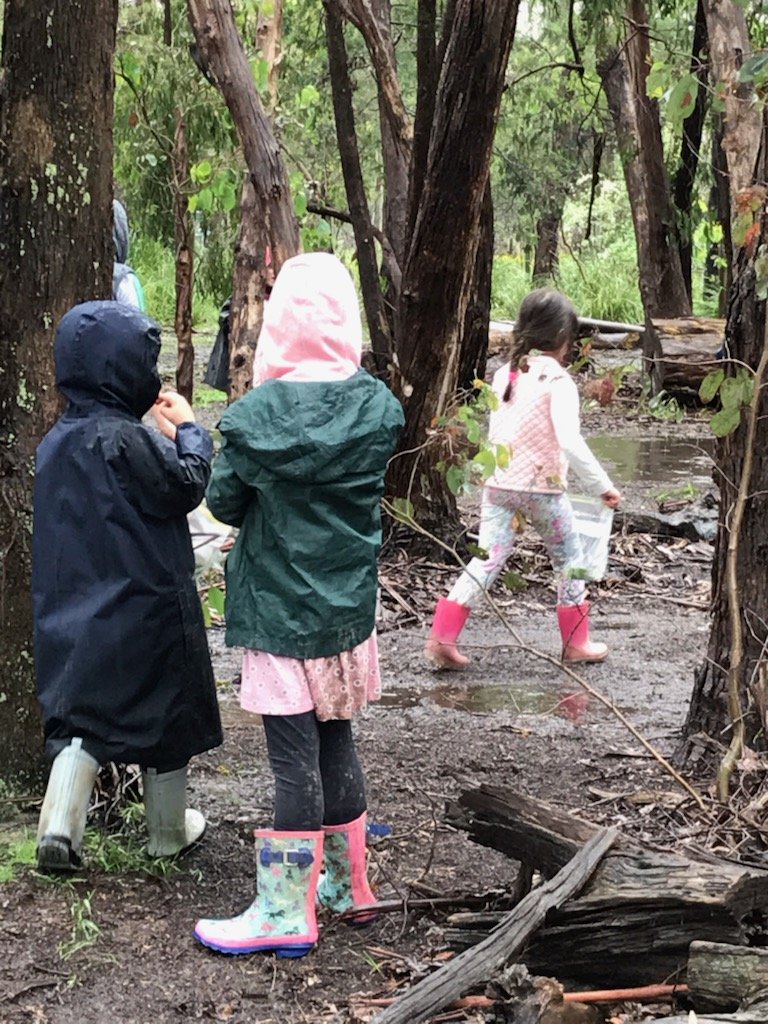
Social and Emotional Skills
We help children express emotions, build relationships and feel valued.
Social and emotional skills are some of the most important life skills that children need, in order to build healthy relationships with themselves and the people around them. We aim to develop the social and emotional abilities of our students to help them manage their emotions and connect with others in effective ways.
Developing social and emotional skills
Children start developing social and emotional skills from the moment they’re born. They learn to engage with their caregivers, who provide for their needs and model emotional awareness and social interactions. They’re also learning about themselves and their place in the world.
Social and emotional skills support your child’s ongoing development and affect their current and future mental health and well-being. Children with healthy skills are more likely to succeed in life.
Some of the most important social and emotional skills your child will need are:
Becoming self-aware and managing themselves
Expressing emotions in healthy ways
Listening and following conversations
Understanding others’ points of view
Managing interpersonal conflict
Respecting and building personal boundaries
Sharing, cooperating and participating
Communicating in positive and helpful ways
Making and being friends
Being patient, courteous and helpful
Our approach to social and emotional learning
We aim to create an environment that is warm and friendly – where children can feel happy and secure. Relationships based on acceptance and trust, develop naturally among children, teachers and parents. It’s great when children can feel that they can have friendly relationships with their teachers. We encourage children to feel that they are important members of the school community, and that their feelings and opinions are valued by others. Given this type of environment, children learn to work as part of a team, to respect the opinions of others and to be sensitive to the needs of those around them.
Developing a child’s social awareness and their ability to communicate with those around them is an important aspect of our philosophy.
We believe in unconditional acceptance of others, so children feel good about themselves. By fostering high self-esteem in children, we believe that they can develop in all areas of their lives. A child who is able to like themselves, is in turn more able to like others, set their own goals and pursue things in their day-to-day living with purpose and determination. We know that children are complex and individual beings, whose needs differ greatly from one to another. With this in mind, we encourage children to take more responsibility for themselves. Every child is expected to develop skills that will ultimately lead him/her to become self-controlled, self-reliant and self-disciplined.
How are we able to achieve this? By accepting that as adults, we do not need to “tell” children what to do all the time. They learn and develop through experience, understanding the consequences of decisions they have made. We strive to develop personal initiative, creative thinking and problem solving abilities. As the children of today will become the adults of tomorrow, they must be encouraged to realise their full potential and utilise it in their day-to-day living.
How we develop social and emotional skills
Here are some ways that we help children strengthen their social and emotional skills at Village School:
Including emotions in our discussions and meetings to help children understand and manage their feelings
Modelling healthy and effective responses to situations, including making mistakes, apologising to others and dealing with stress
Creating a warm, safe and predictable environment for kids to learn and grow
Taking advantage of the regular opportunities that arise to support students and help them practice their skills
Making interpersonal relationships a primary focus in our classrooms and across the school
Creating quiet spaces in the classrooms to allow personal space for children and time for reflection
Balancing self-directed learning with pair or group work, to encourage cooperation and collaboration, especially across classrooms and age groups
Allowing lots of time for discussion, both structured and open-ended, to explore feelings, ideas and solve problems
Encouraging acts of kindness, between all members of the school community
And here’s how we’ve applied some of those strategies in real-life examples:
-
Running a whole school meeting helps children think outside their own little sphere. Issues come up that need resolving by discussion and then by a vote.
Emotional skills need to be well-developed to successfully run the meeting and ensure all are listening e.g. The chair may also have to speak to a group who are not giving their attention to the meeting.
-
Being involved in drama activities, particularly with the whole school performance develops an emotional maturity as the children learn that they need to support each other so that the show can go on.
Being a member of a cast brings with it a responsibility and a commitment to the performance, rather than what you may wish to do as an individual.




